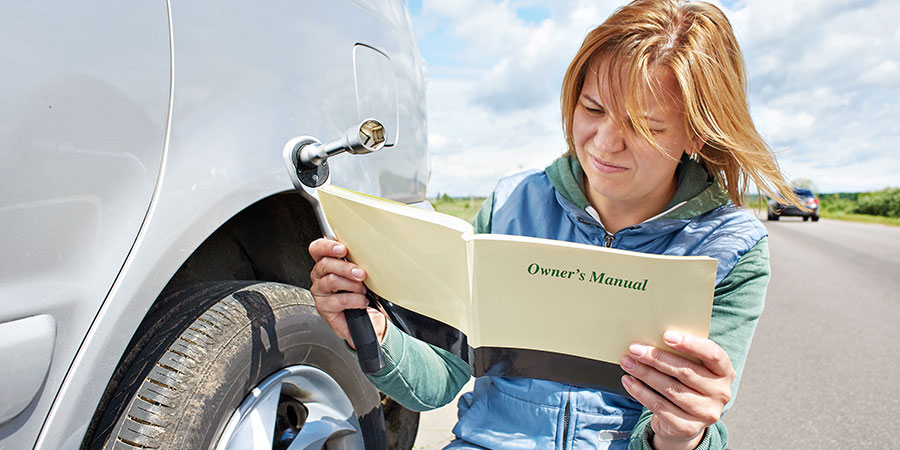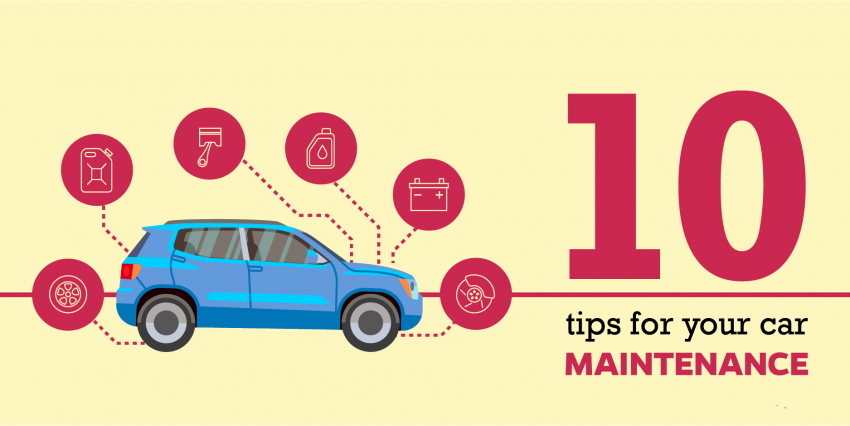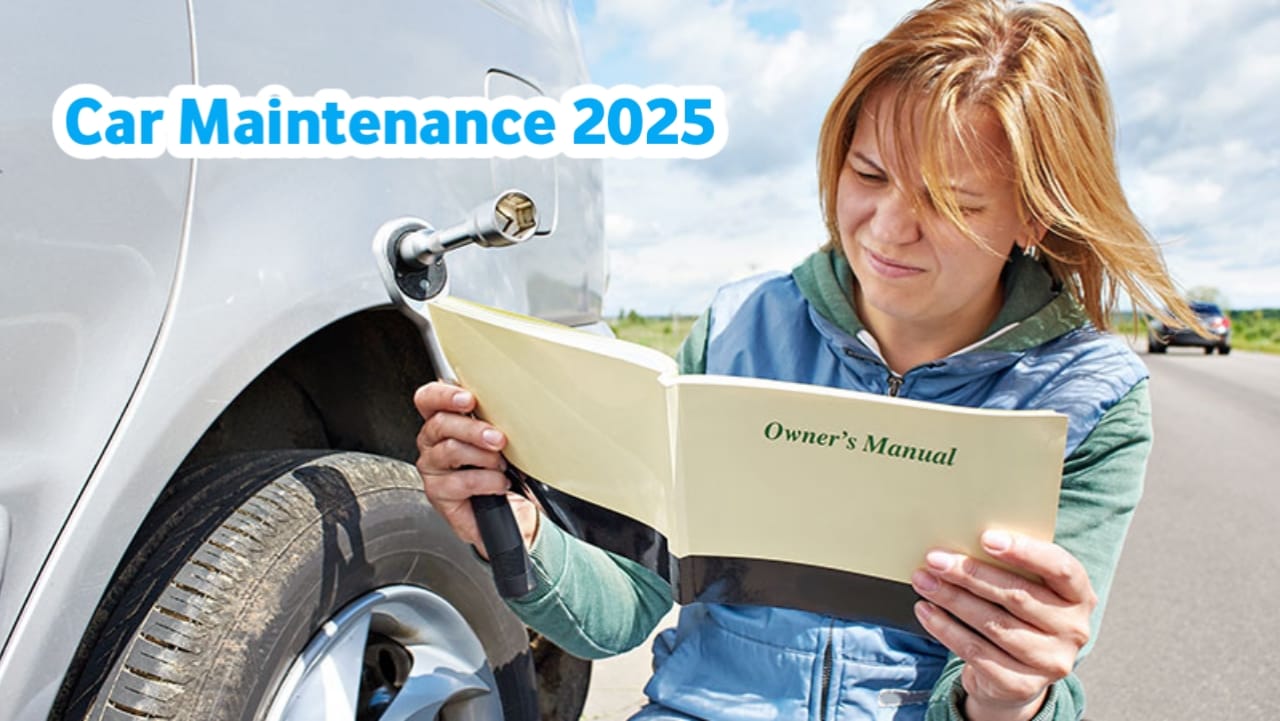Top 10 DIY Car Maintenance Tips for Every First-Time Car Owner

Top 10 DIY Car Maintenance Tips for Every First-Time Car Owner
Table of Contents
Buying your first car is exciting, but owning a car comes with responsibilities. Regular maintenance not only keeps your vehicle running smoothly but also extends its life and saves you money in the long run. Whether you’re a first-time car owner or simply brushing up on car care, here are the top 10 DIY car maintenance tips every beginner should follow:

1. Check and Change Engine Oil Regularly
Why it matters: Engine oil lubricates your engine and prevents it from overheating or wearing out.
How to do it:
- Check the oil level using the dipstick every few weeks or before long trips.
- Top up if the level is low, and change the oil as recommended in your car’s manual—typically every 5,000 to 10,000 km.
Pro Tip: Use manufacturer-recommended oil for best performance.
2. Keep an Eye on Tire Pressure and Condition
Why it matters: Properly inflated tires improve fuel efficiency, handling, and safety.
How to do it:
- Check tire pressure monthly using a digital gauge or at a fuel station.
- Inflate tires to the pressure listed in your car’s manual or door sticker.
- Rotate tires every 8,000–10,000 km to ensure even wear.
Bonus Tip: Don’t forget the spare tire!
3. Replace Air Filters Periodically
Why it matters: Clean air filters improve engine efficiency and cabin air quality.
How to do it:
- Engine air filters should be replaced every 12,000 to 15,000 km.
- Cabin air filters should be checked if your AC airflow reduces or smells musty.
Quick Check: Hold the air filter to sunlight; if it’s too dirty to see through, replace it.
4. Monitor Brake Performance
Why it matters: Faulty brakes are a major safety risk.
How to do it:
- Listen for squeaking or grinding noises.
- If the car pulls to one side or the brake pedal feels soft, get it inspected.
- Brake pads typically last between 30,000–50,000 km.
Never Ignore: Brake warning lights or reduced responsiveness.
5. Maintain Battery Health
Why it matters: A dead battery can leave you stranded.
How to do it:
- Check for corrosion around the terminals.
- Keep the battery tightly mounted.
- If your headlights dim or engine cranks slowly, test the battery voltage.
Lifespan Tip: Car batteries usually last 3–5 years.
6. Top Up Essential Fluids
Why it matters: Fluids keep the engine and systems functioning properly.
Key Fluids to Check:
- Coolant (radiator fluid)
- Brake fluid
- Windshield washer fluid
- Power steering fluid
When to Check: Monthly or before long trips.
7. Inspect Belts and Hoses
Why it matters: These components keep your engine running and prevent overheating.
How to do it:
- Look for cracks, fraying, or leaks.
- Listen for squealing sounds while driving.
- Replace belts and hoses as recommended in your service manual.
8. Wash and Wax Regularly
Why it matters: Regular washing prevents rust, especially in monsoon or coastal regions.
How to do it:
- Wash your car every 2–3 weeks.
- Wax it every 3–4 months to protect the paint.
Tip: Clean bird droppings or tree sap immediately to avoid paint damage.

9. Replace Wiper Blades Before the Monsoon
Why it matters: Poor visibility during rain is dangerous.
How to do it:
- Inspect blades for cracks or missed spots.
- Replace every 6–12 months or when performance drops.
Extra: Use a good-quality windshield washer fluid.
10. Follow the Service Schedule Religiously
Why it matters: Regular servicing keeps your warranty intact and car in top shape.
How to do it:
- Refer to your owner’s manual for the service interval (usually every 6 months or 10,000 km).
- Choose authorized service centers or trusted mechanics.
Log It: Maintain a record of all services and repairs.
Preventive Car Maintenance : Why Important & 5 Essential Services You Must Do.
10 Important Things to Know Before Buying a Used Car in India
Final Thoughts
Basic car maintenance doesn’t require advanced skills—just consistency and attention. By following these 10 car maintenance tips, first-time car owners can ensure their vehicles remain safe, reliable, and efficient for years to come.

